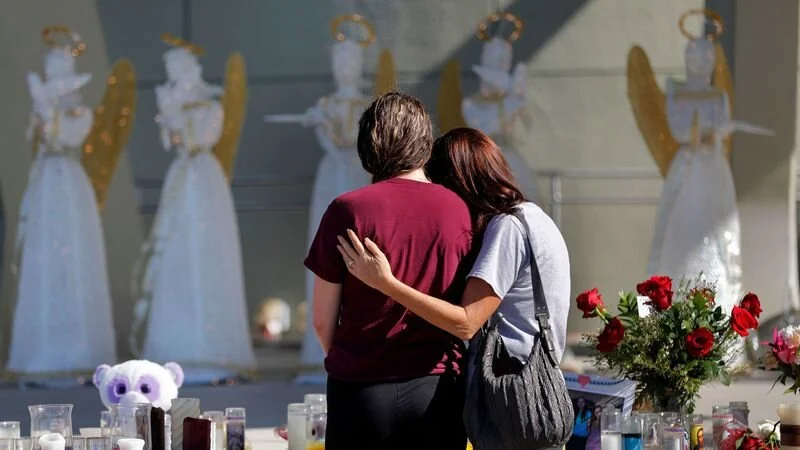Most of the debate surrounding the mass shooting in Parkland has been centered around on-site safety protocols and gun control. While these are important areas to debate, we should begin with more comprehensive and collaborative mental health care. (Sun Sentinel)
As we commemorate the one-year anniversary of the massacre at Marjory Stoneman Douglas High School, many parents, teachers and students are asking if schools are safer today and more prepared for the risk of mass school shootings and violence.
While there is no conclusive evidence to suggest we are — or are not — safer, the initial Marjory Stoneman Douglas High School Public Safety Commission report from the state outlines a detailed timeline of events that led up to the shooting and a chapter-by-chapter guide on how we can mitigate future catastrophes.
The report, which included testimony from state law enforcement officials, school board members, parents and other community leaders, provided recommendations for school safety. Among them was a greater need for a more comprehensive and effective set of criteria that focuses on the mental health aspects and potential warning signs for would-be school shooters.
The PROMISE program, which aims to reform and provide “skills” to at-risk students is effective, in theory, but has proven to be not only ineffective.
Students who routinely engage in minor crimes, truancy, fighting and minor drug possessions should not fall off the radar of local school districts. As was the case with the Parkland shooter (whose name shall not be mentioned), a more dysfunctional, dangerous and severely deranged identity was a ticking time bomb who left a trail of threats and warning signs.
Rather than continue to support this program, the state legislature should permanently fund school social workers/therapists who prioritize students who are most at risk (evading the law, physical aggression, bullying, lack of adherence to social norms, etc.). A mandatory 4-6 session evaluation, that is compiled by school social workers and contracted private therapists should determine the appropriateness of a student’s well-being and course of treatment.
Community mental health centers are overwhelmed and ill-prepared to devote time and experienced clinicians to evaluate mental derangement.
Additionally, local police departments should be eligible for state-wide and national grants that set up special teams of law enforcement, mental health professionals and school officials to evaluate real-time risk on social media and reports of threats. This can allow local officials to triage crisis interventions to those who want to cause harm.
Most of the debate surrounding the mass shooting in Parkland has been centered around on-site safety protocols and gun control. While these are important areas to debate, we should begin with more comprehensive and collaborative mental health care.


